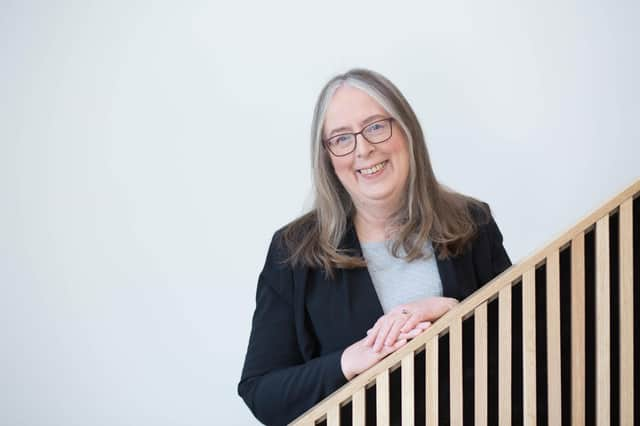Stirling academics head up new project to design and transform dementia-friendly housing


With support from organisations including the Silviahemmet - the dementia care foundation established by the Queen of Sweden - and Japanese healthcare consulting firm Mediva, academics at the University of Stirling look to create innovative designs for housing suitable for the world’s ageing population.
Professor Alison Bowes, Dean of Stirling’s Faculty of Stirling, is leading the way on the project backed by £1.6m of UK Research & Innovation funding from the Social, Behavioural and Design Research Programme’s healthy ageing challenge.
Advertisement
Hide AdAdvertisement
Hide AdResearchers will be demonstrating and testing ideas for innovations to support cognitive functions among elderly dwellers by designing and building both virtual and real designs to be evaluated by stakeholders.
Older people will also be involved in the evaluation process, with virtual reality (VR) technology allowing them to gain realistic insights into designs and letting them work with architects, builders and housing providers to ensure designs meet demands for practicality and affordability.
Researchers at Stirling will also have the chance to contribute and apply their insights to the Stirling and Clackmannanshire City Region Deal in order to lay the groundwork for future endeavours in local housing development.
Professor Bowes said: “We know that people's homes can make the experience of cognitive changes more difficult, or can enable continuing inclusion and a sense of self-worth and self-esteem.
“This project brings together a multidisciplinary team involving stakeholders from all areas of housing provision, including people experiencing ageing and cognitive change, architects and designers, housing experts, planners, builders and housing providers, to identify housing innovations that can support living better for longer with cognitive change."
A message from the Editor:
Thank you for reading this article. We're more reliant on your support than ever as the shift in consumer habits brought about by coronavirus impacts our advertisers.If you haven't already, please consider supporting our trusted, fact-checked journalism by taking out a digital subscription.